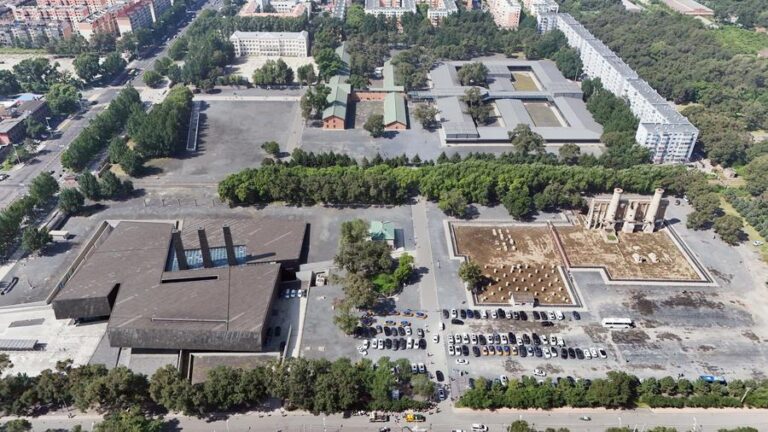HARBIN, Aug. 15 (Xinhua) — New evidence of Unit 731 — a Japanese germ-warfare unit that operated during World War II — was unveiled on Friday in Harbin, the capital of northeast China’s Heilongjiang Province.
The new evidence includes 3,010 pages of archive documents, 194 minutes of video footage, 312 photographs, 12 postcards and eight letters, exposing Japanese germ-warfare crimes in detail.
Jin Chengmin, curator of the Exhibition Hall of Evidences of Crime Committed by Unit 731 of the Japanese Imperial Army, said that the latest evidence falls under three main categories.
The first is criminal evidence and historical materials from official Japanese institutions, including archival documents — core materials in the study of the Japanese germ-warfare forces.
The second is the oral testimony of members of Unit 731, which the exhibition hall obtained during a 2018 cross-border evidence collection trip to Japan. The third category is historical evidence of crimes collected from the Japanese public.
The new evidence and historical materials reveal further details of Japan’s germ-warfare system, and prove once again that the existence of Unit 731 was a top-down, premeditated and organized state crime, Jin said.
Friday marks the 80th anniversary of Japan’s unconditional surrender in World War II and the 40th anniversary of the establishment of the exhibition hall. ■

